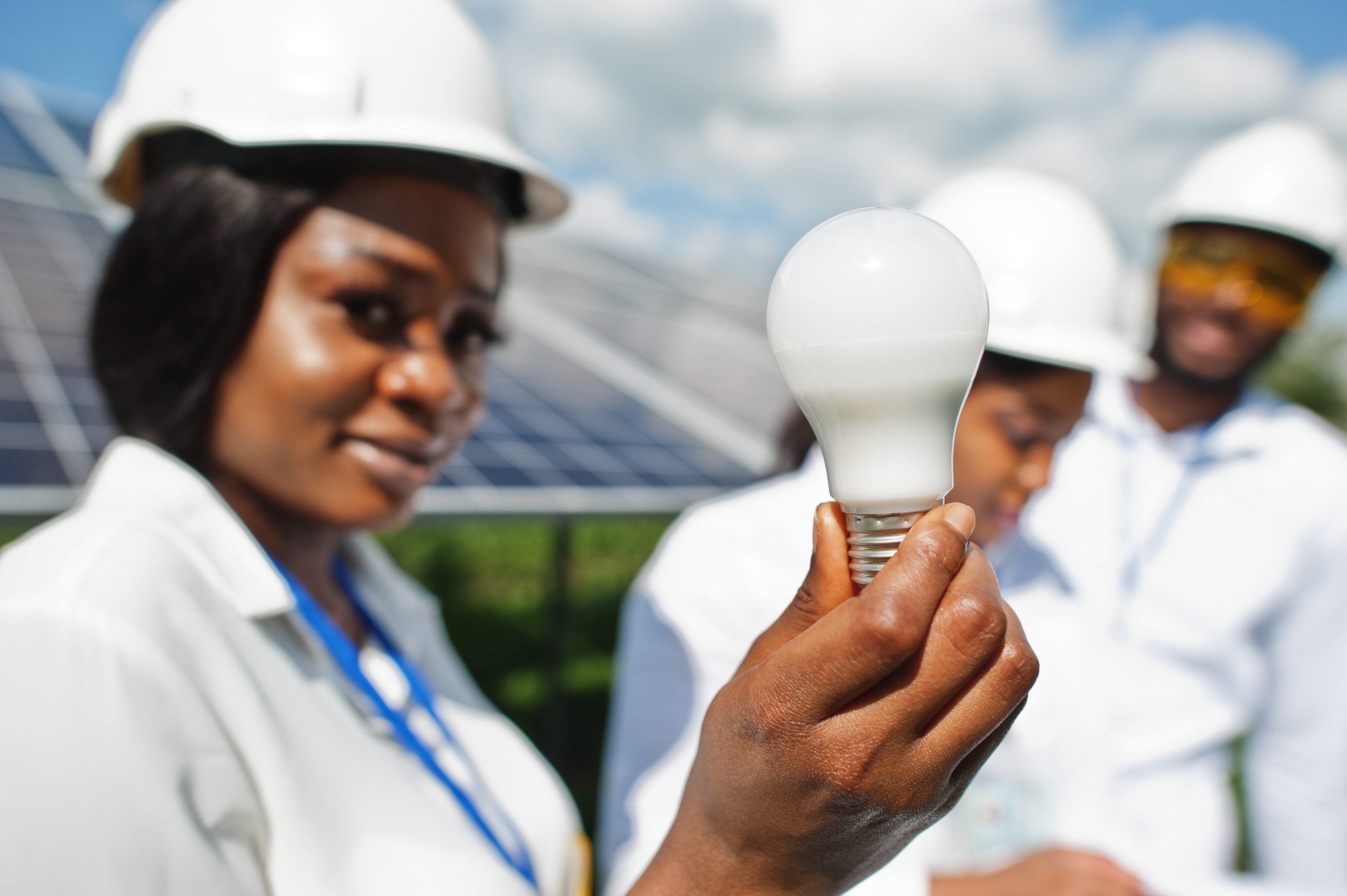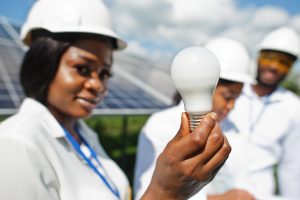Requirements for Importation of Electric Power Generation in Nigeria
Nigeria’s ongoing electricity shortfall is largely mitigated by electric power plants. In order to meet the nation’s power needs, there is a constant demand for imported generators. However, there are rules and regulations that must be followed in order to import electric power generators into Nigeria. The goal of this in-depth article is to give importers a guide on what they need to know in order to import electric power generators into Nigeria: “Requirements for Importation of Electric Power Generation in Nigeria.”
Meaning of Importation
The act of introducing goods, products, or materials into a country from another is referred to as importation. It entails the procurement, conveyance, and lawful customs clearance of items created or manufactured abroad. An essential component of global trade and business is importation, which gives nations access to a vast array of products and services that may not be accessible within the country. The process of importing frequently entails navigating intricate legal and regulatory constraints, such as tariffs, quotas, and limits set by the importing nation’s government. Together with the financial transactions and paperwork needed for customs clearance, it also covers the logistics of storing and delivering imported products. Imports are essential to the global economy because they allow customers to acquire a wide variety of commodities from around the globe and facilitate the exchange of goods and services between different nations.
Why Do People Resort to Importation?
There exist multiple rationales behind individuals turning to importation:>
- Access To Specialized or Unique Products: People can import commodities and products that are either limited or unavailable in their nation of origin. This might comprise distinctive or niche products, including particular food varieties, upscale goods, or particular manufacturing materials.
- Cost Savings: Compared to domestically produced goods, imported goods may occasionally be more economical. This could be brought about by economies of scale, variations in currency exchange rates, or cheaper production costs in the exporting nation.
- Quality and Variety: Access to better-quality or a greater range of products that might not be available locally might be made possible through importation. Certain specialized or premium goods, for instance, might only be manufactured in a few nations and hence need to be imported.
- Market Demand: Companies may import goods in response to customer demand for particular goods. Bringing in popular or trendy goods might help you stay current. in line with consumer demand and keep a competitive advantage.
- Raw Materials and Resources: Industries including manufacturing, construction, and agriculture may need to import raw materials and resources. Some materials might be more affordable to import, or they might not be available domestically.
- Innovation And Technology: Importing goods can provide access to cutting-edge items, intellectual property, and breakthrough technologies that would not be easily found in the home market.
- Trade Agreements and Global Market Integration: In order to gain from comparative advantages and international trade partnerships, countries may import goods to comply with the requirements of trade agreements or to take advantage of worldwide market integration.
Requirement Guiding Importation in Nigeria
- Obtain an Importer’s License: It is imperative to obtain an importer’s license from the Nigerian government prior to importing electric power generators into Nigeria. Customs Administration (NCS). The license, which can be obtained from the NCS headquarters or its designated area commands, is necessary in order to lawfully engage in importation activities.
- Form a Company: In Nigeria, importing electric power generators normally necessitates the importer having a registered company. Prior to importing, a corporation must register with the Corporate Affairs Commission (CAC). The Federal Inland Revenue Service (FIRS) should have granted the corporation with a Tax Identification Number (TIN).
- Product Certification and Registration: Before being permitted entry into Nigeria, imported electric power generators must adhere to the applicable Nigerian Industrial Standards (NIS). Product testing, certification, and registration are handled by the Standards Organization of Nigeria (SON). Importers need to make sure the generators adhere to the relevant safety efficiency as well as requirements of quality.
- Import Duty and Taxes: At Nigerian ports, importers are required to pay the relevant import tariffs and taxes. The Nigerian Customs Service determines the category of the electric power generator, which determines the rates and charges. To ascertain the relevant charges and taxes, it is imperative to refer to the most recent tariff schedule furnished by the NCS.
- Pre-shipment Inspection: An authorized inspection agency must conduct a pre-shipment examination on imported electric power generators. These organizations confirm that the items meet all applicable import requirements and are of the appropriate quality, quantity, and specifications. The inspection report needs to be with the goods when they arrive and is needed for customs clearance.
- Customs and Clearing Processes: To remove imported electricity In order to comply with customs rules, generators, importers, or their authorized agents must provide the required paperwork, which includes the importer’s license, bill of lading or airway bill, packing list, commercial invoice, and insurance certificate. Before the products are released, importers are required to accurately complete customs declarations and pay any unpaid duties or taxes.
- After-sales Service and Maintenance: Importers need to make sure they have a strategy in place for offering the imported electric power generators after-sales service and maintenance. This entails making spare parts easier to obtain, setting up repair or service facilities, and offering generator warranty support. Customer happiness and the importers’ reputation are both improved by a dependable after-sales service.
- Observance of Environmental Regulations: Importers are required to abide by environmental laws pertaining to electricity. producers. The purpose of these restrictions is to encourage the adoption of energy-efficient and ecologically friendly generators. In addition to obtaining any required environmental licenses, importers need make sure that the generators fulfill the minimum energy efficiency criteria stipulated by the criteria Organization of Nigeria (SON).
The Challenges of Importation in Nigeria
Numerous obstacles exist for importers in Nigeria, which may impede the efficient flow of commodities into the nation. Several of these difficulties consist of:
- Import Charges And Tariffs: The Nigerian government imposes high import duties and tariffs, which can dramatically raise the cost of imported goods and reduce their competitiveness when compared to locally produced items. This may have an effect on the cost and accessibility of imported goods in the Nigerian market.
- Complicated Customs Procedures: Importers frequently have to deal with lengthy and intricate customs clearance processes. ports in Nigeria. Delays in the clearing of products may result from this, which may have an impact on inventory control and raise importers’ expenses.
- Bureaucracy And Corruption: At ports and in customs departments, bureaucratic red tape and corruption can cause inefficiencies and delays in the clearance procedure. Importers may run with requests for “unofficial” payments or arbitrary rulings that make it more difficult for them to import goods efficiently.
- Inadequate Infrastructure: Nigeria’s ports and transportation system struggle with issues like traffic, outdated handling gear, and unstable rail and road systems, which raises the price and causes delays when importing commodities.
- Currency Fluctuations and Exchange Controls: Uncertainty and financial risk can be created for importers by currency volatility and restrictive foreign exchange rules, which can affect the capacity to precisely estimate and control importation-related expenses.
- Import Prohibitions and Restrictions: To safeguard homegrown businesses or for legal purposes, the Nigerian government may place prohibitions or limits on the importation of specific items. The range of products that can be imported may be reduced by these limitations.
- Inconsistent Policies and Regulations: Importers may find it difficult to plan ahead and carry out company operations due to inconsistent policies and laws pertaining to importation.
Solutions to The Difficulties in Importing Electricity Power Generators into Nigeria
Nigerian importers of electricity power generators must contend with a number of obstacles, including exorbitant import levies, convoluted customs procedures, poor infrastructure, and volatile currency exchange rates. The following fixes can help with these issues and make it easier to import electricity power generators. take into account:
- Tariff And Duty Reduction: In order to make electricity power generators more accessible to importers, the Nigerian government may choose to lower import taxes and tariffs on these products. In comparison to locally made alternatives, this may also help import generators become more competitive.
- Streamlined Customs Procedures: Importers can see a reduction in delays and administrative hassles by simplifying and expediting customs clearance procedures. Efficient clearance procedures can be achieved by lowering paperwork requirements and implementing computerized customs processing technologies.
- Infrastructure Investment: Improving the logistics of importing electricity power generators can be achieved by making investments in port infrastructure, transportation networks, and storage facilities. Delays and expenses related to transporting generators from ports to their final locations can be minimized with proper infrastructure.
- Foreign Exchange Policies: Importers can lower the financial risks involved with importing energy power generators and better manage currency swings by putting in place stable and transparent foreign exchange policies.
- Consistency In Regulations And Policies: Importers can benefit from increased certainty and predictability in their importation processes by ensuring that regulations governing the import of energy power generators are transparent and consistent. This may stimulate additional funding for the industry.
- Encouragement Of Local Production: Through incentives and regulations that encourage the production of these goods in Nigeria, the government may also think about encouraging the local production of electricity power generators. Over time, this might lessen the dependency on imports.
- Working Together with Stakeholders: Talking with importers, trade groups, and other interested parties to learn about their struggles and get feedback on possible fixes can aid in the creation of more sensible laws and rules pertaining to the importing of power generators for the production of electricity.
Conclusion
Electric power generator imports into Nigeria are subject to a number of rules and regulations. Importers can effectively traverse the importation process by obtaining the required permits, making sure that their products are registered and certified, paying the relevant import fees and taxes, and following customs procedures. Furthermore, putting an emphasis on maintenance, servicing, and compliance with environmental rules after the sale will help the importers succeed in the long run and provide Nigeria with dependable power solutions.


